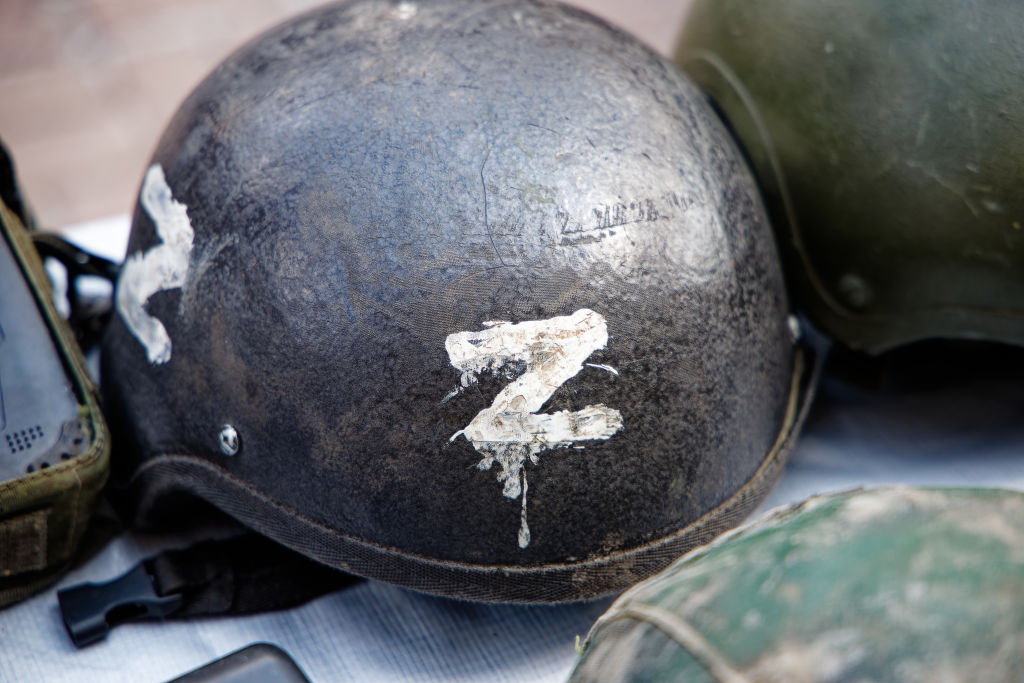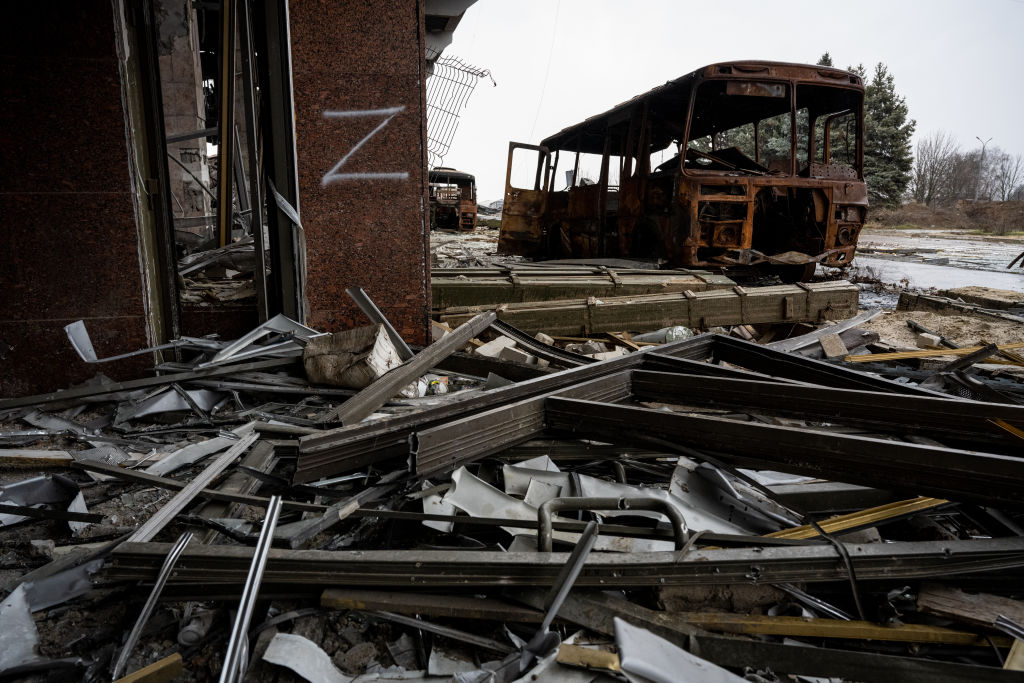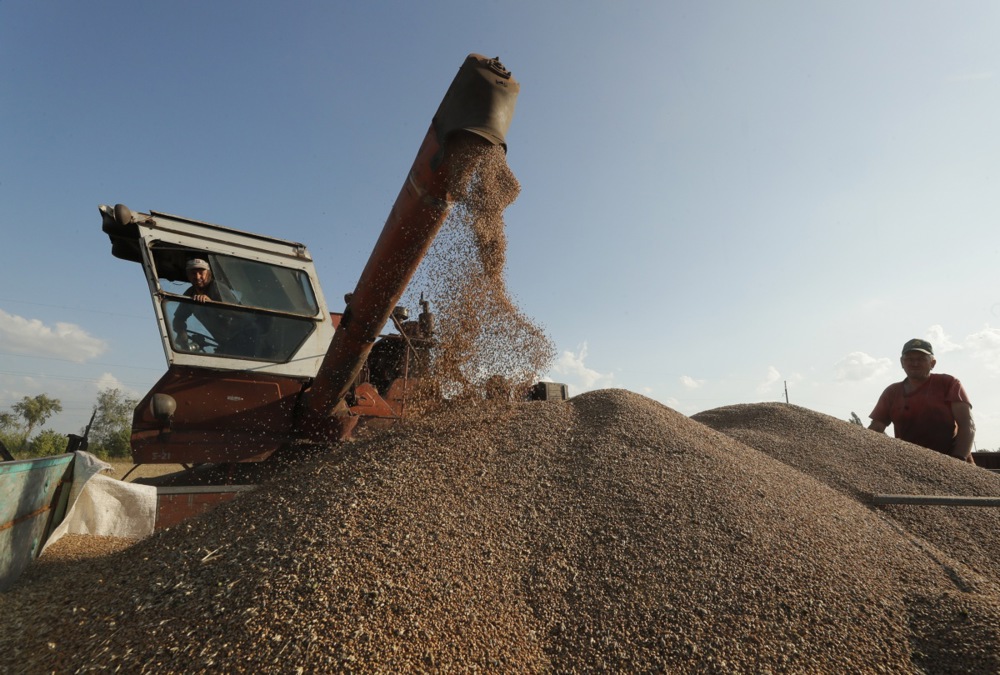The European Union is now more reliant on Russia in terms of food security than it was before the start of the war in Ukraine, the head of a major fertiliser firm has said.
Svein Tore Holsether, the CEO of Norwegian firm Yara International, warned that the bloc had made itself “vulnerable” to interference from Moscow due to its “failure” to locate non-Russian sources of key fertiliser components.
The EU in particular has seen the amount of nitrogen and urea it imports from Russia rise over the past two years. Urea is the chief nitrogenous end-product of the metabolic breakdown of proteins in all mammals and some fish. Russia accounts for 34 and 40 per cent of EU imports of both resources, respectively.
As a result, Holsether warned that Brussels had opened itself up to Kremlin “meddling” in the sector.
That, he said, could result in the food market imploding as the energy sector did in 2022.
“I would be very worried if we sleepwalk into repeating the exact same [mistakes] on fertiliser as we do and as we did on energy.
“We’ve clearly seen how Russia or Putin is using fertiliser and food as weapons,” he added.
“We should not be naive as to what could happen next.”
Polish farmers will resume their blockade at the Medyka border crossing with Ukraine from Thursday as they say they have not received a signed assurance from the prime minister that their demands will be met. https://t.co/fCvEFboMK6
— Brussels Signal (@brusselssignal) January 3, 2024
It is not the first time Holsether has warned about the global over-reliance on fertiliser exports from Russia.
Shortly after the start of the Ukraine war in February 2022, he said he was concerned the conflict could cause global food shortages due to how much fertiliser comes from both nations involved in the conflict.
“Half the world’s population gets food as a result of fertilisers,” he said. “And if that’s removed from the field for some crops, [the yield] will drop by 50 per cent.
“For me, it’s not whether we are moving into a global food crisis – it’s how large the crisis will be.”
While a grain export deal between Ukraine and Russia ended up cushioning the impact of export restrictions, the conflict still led to rocketing food prices worldwide, resulting in increased food insecurity in many poorer nations.
International aid organisations, such as the World Food Programme, have been forced to scale back operations as the cost of acquiring food rises.
This resulted in it abandoning certain regions despite continued struggles with food insecurity.
The European Commission has been caught falsely claiming that an EU-backed project can create any kind of food “literally from thin air”. https://t.co/w5NPOoo2rj
— Brussels Signal (@brusselssignal) September 8, 2023





